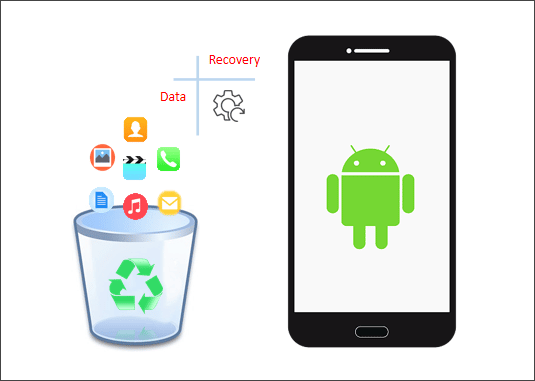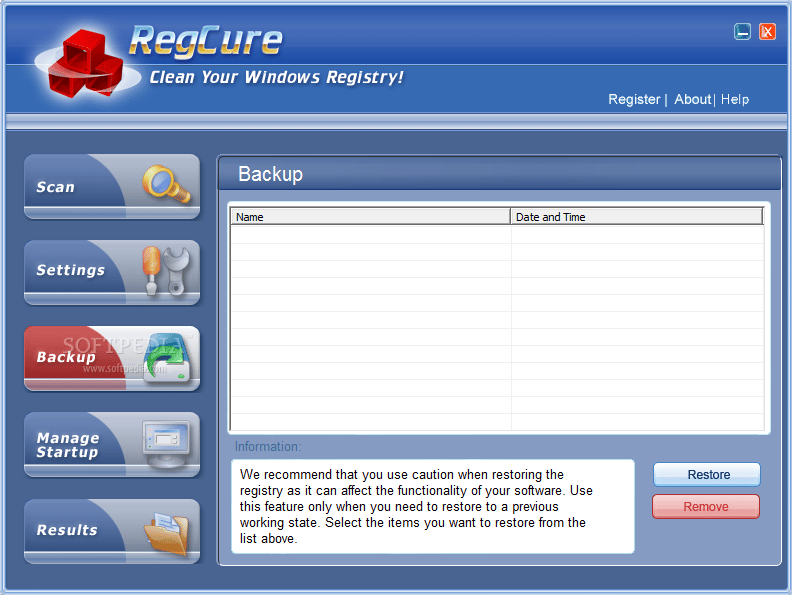The next step is to create a set of backup files. This may be accomplished by copying the files that aren’t being discarded to a disk or some other storing medium. These backup files are now played in the os, but it is still difficult to retrieve the files themselves. It’s worth noting that this approach, too, makes files unavailable after the operation is complete.
The third-party application may be necessary if the first two techniques fail. There are a number of tools that may help you recover data that have been damaged or deleted by a virus. These software solutions analyze your hard disc for files that have been unreachable due to a malfunction and then restore them to their proper location. For a price, they will repair them after they have been recognized. While this technique is frequently preferable to hiring a professional restoration provider, it is often not required and might leave you with an inadequate backup.
The Most Effective Ways of Restoring Crashed Data
There are several techniques to recover data from a corrupted hard disc. File wiping is another one of those methods. Before using this technique, make a complete backup of all of your crucial data. Start by going back in time and resetting your computer to its earlier settings. The trial edition of Windows may be used to identify which configurations and functions are operating and which ones are malfunctioning or no longer operational. After figuring out what’s wrong, you’ll be able to figure out which files and folders need repairing. Have You Read: Few Reasons Why You Should Hold Switching To Windows11 Regcure, for example, may help you figure out which data on the disc need to be restored. You may use this software to find any missing, corrupted, or broken registry keys. Afterward, it’ll teach you how to get them back. All of your data may be recovered, whether it’s individual files, folders, or whole discs. You might be able to recover specific documents by employing a key in certain apps. A restricted restore point is what you’re looking at here.
Defragmentation is another technique that is employed. If you have previously restored data from an external hard drive, you will recognize this step. This method organizes all of the data on the disc rather than recovering them one by one. Defragmentation has the benefit of treating all files on the disc as a single unit. Only the information that is absolutely essential will be retained once all mistakes have been corrected. As a consequence, your hard disc will run more efficiently and take up less space.

